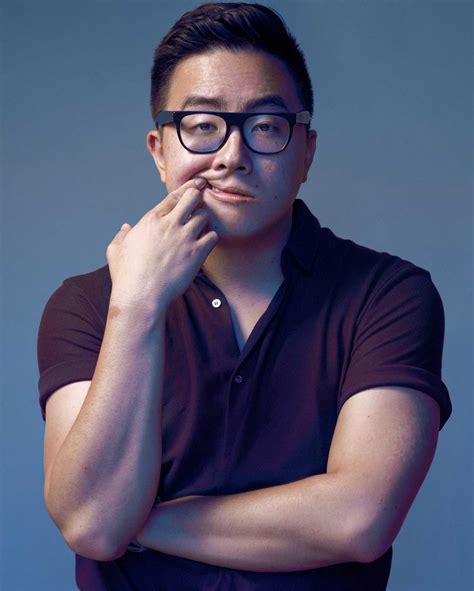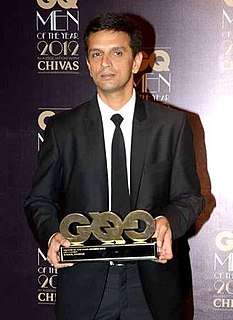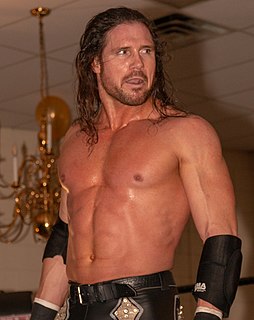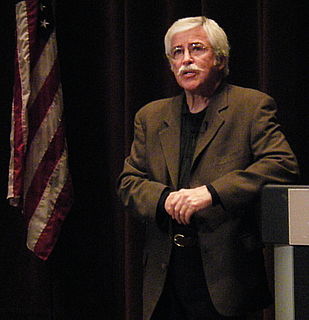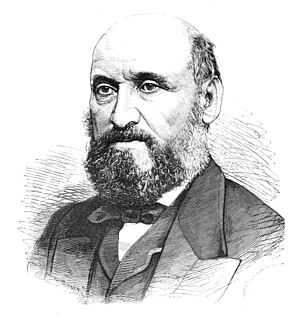A Quote by Bowen Yang
I wonder if there's space to queer the nomenclature in fitness. Maybe we call a goblet squat a Dannii Minogue instead? Just an idea.
Related Quotes
I am pansexual as I actually remember also being attracted to women as well and thinking that maybe this like, thing where I was attracted to men was just like some weird phase or if it was something I could just ignore. My mom is queer and I have a queer uncle. So, I wasn't completely, you know, shielded from queer representation.
A lot of artists I like end up being queer. Or maybe it's a subconscious thing that you can identify of, like, 'Oh this person understands the nuances of the romantic narrative of a queer person, or the social narrative of a queer person.' And then you discover, lo and behold that they are a queer person.
For queer people, the personal is very political, just to talk about it in a public space. It's very political just to come out and take up that space and be like, 'This is my narrative. It's not an outsider narrative, and it's not a fetish narrative; it's just my story, and it's worth being told and listened to.'
A lot of different people under the queer umbrella come together but Like there's something inherently queer about the heist genre, in some way. It's about just flying under the radar and procuring something furtively or, you know, that thing that is just so fun and high-stakes in the way that a lot of queer experiences are.
This is what I call understanding. If you understand, insecurity is an intrinsic part of life - and good that it is so, because it makes life a freedom, it makes life a continuous surprise. One never knows what is going to happen. It keeps you continuously in wonder. Don't call it uncertainty - call it wonder. Don't call it insecurity - call it freedom.
The advantages of a uniform statistical nomenclature, however im- perfect, are so obvious, that it is surprising no attention has been paid to its enforcement in bills of mortality. Each disease has in many instances been denoted by three or four terms, and each term has been applied to as many different diseases ; vague, inconvenient names have been employed, or complications have been registered, instead of primary diseases. The nomenclature is of as much importance in this depart- ment of inquiry as weights and measures in the physical sciences, and should be settled without delay.
